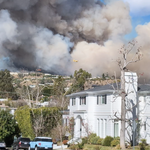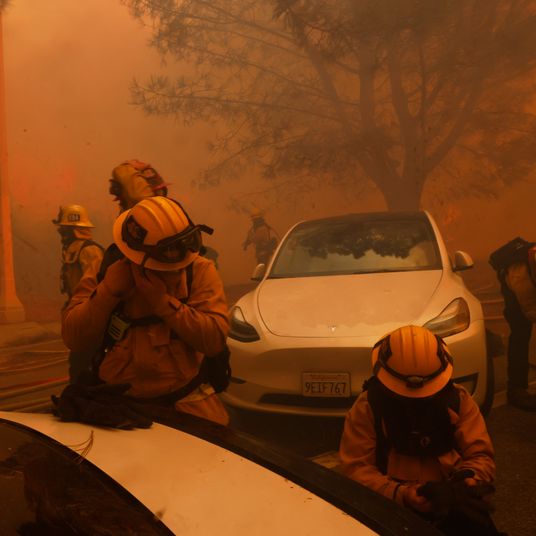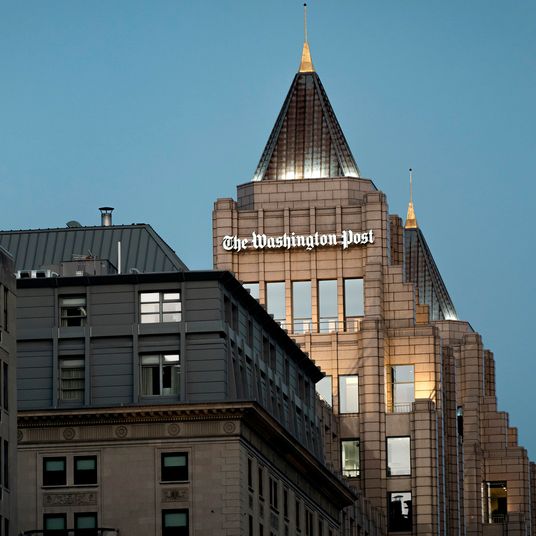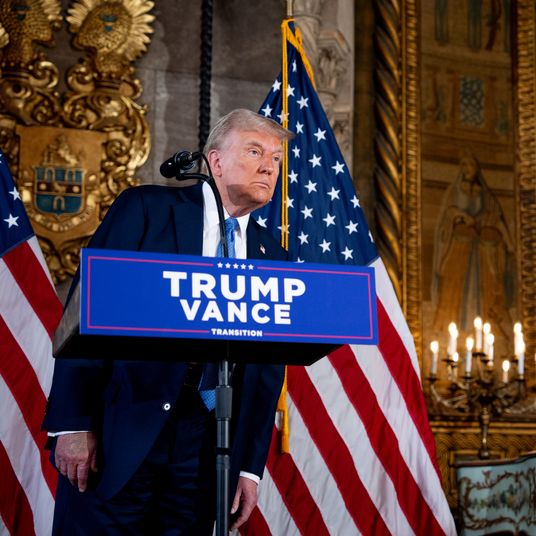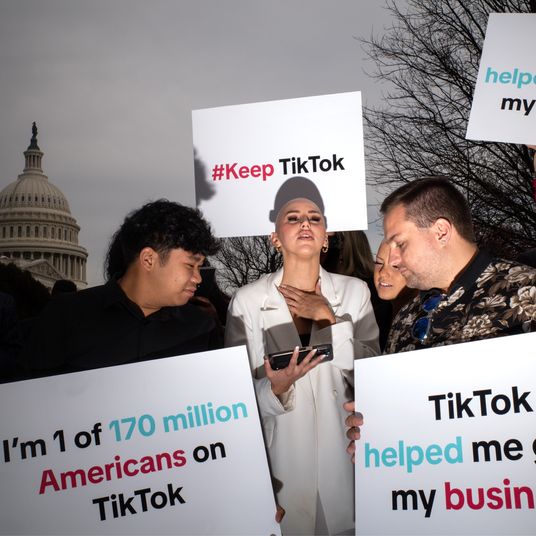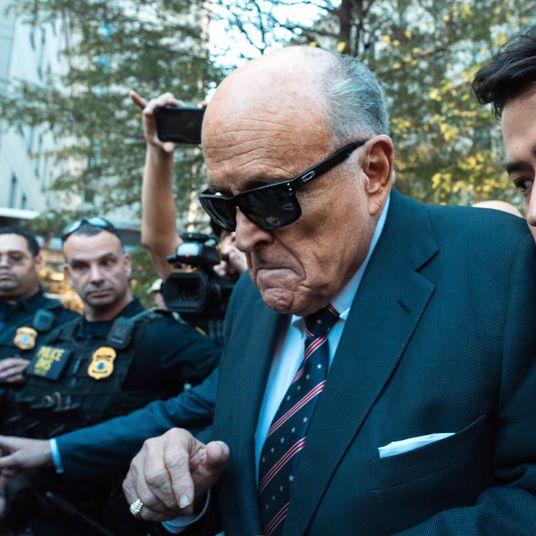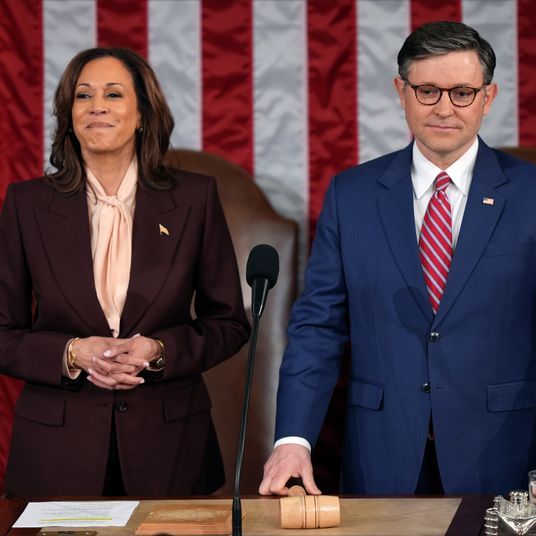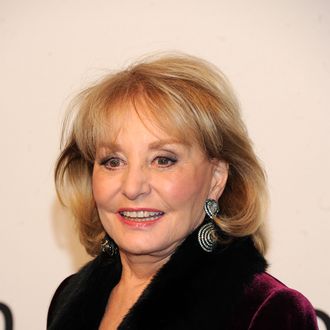
The art of interviewing — which includes getting the interview — hinges on striking the right balance between kind and harsh. Barbara Walters, usually pretty good at finding the sweet spot, finds herself in an ethical snarl thanks to striking the wrong balance: not on air, but behind the scenes. Last year, ABC’s Walters landed a big-deal interview with Syrian dictator Bashir Al-Assad. An Assad aide, 22-year-old Sheherazad Jaafari (the daughter of Syria’s ambassador to the U.N.) helped arrange the sit-down. When the interview wasn’t quite as favorable as Assad had hoped, he fired Jaafari, according to the Post, at least — who decided to reach out to Walters for help in finding another gig. The two exchanged a series of warm-sounding e-mails (Babs: “You have been much in my thoughts. I am off today to interview my own President and First Lady. Are you alright?”) and met up in New York. Afterwards, Walters sent this missive, slightly more problematic:
Dear Sherry: I wrote to Piers Morgan and his producer to say how terrific you are and attached your resume. I am not sure if they have an opening. Are you still planning to apply to Columbia School of Journalism? Do you want me to do anything on that? Do let me know your plans when you return from Syria. Be safe. Hugs. Barbara
Morgan didn’t bite and neither did Columbia (Jaafari applied to the SIPA, the international studies graduate program), though Walters did write a letter of recommendation to Richard Wald, a Columbia lecturer on ethics in journalism and former ABC News chief (and the father of the Piers Morgan producer she’d contacted). “She is only 21 but had his ear and his confidence, ” she wrote by way of explaining the ex-Assad aide’s skills. “She is brilliant, beautiful, speaks five languages.”
Wald promised he’d ask admissions to “give her special attention. I am sure they will take her. ” In a thank-you note, Jaafari wrote, “You can never be a better mom to your adopted child (me). I love you so much and thanks again. I hope to hear some good news from him.” And then, in a follow-up: “I also hope to hear from Piers Morgan and I am ready to start interning with him as soon as I come back on Feb 11th. I will buy you some jewelry from Syria. Let me know if you need anything else from there!” Walters, too, signed her e-mails to Jaafari warmly, with “Love,” but the warm friendship didn’t lead either to a job or admission at Columbia.
To her credit, Walters told Jaafari she couldn’t hire her at ABC, which Jaafari had inquired about, thanks to a very clear conflict of interest. None of this, clearly, was motivated by any sympathy for the dictator himself; rather, Walters felt bad for what she saw as one of his victims — and one who’d been especially useful to her already, and a connected victim whom she liked and who probably seemed like she’d be a natural fit in a cozy, favor-driven industry like TV booking. “In retrospect, I realize that this created a conflict and I regret that,” Walters said, acknowledging the ethical problems without directly acknowledging that there were other Assad victims who maybe should have been foremost in her thoughts.


